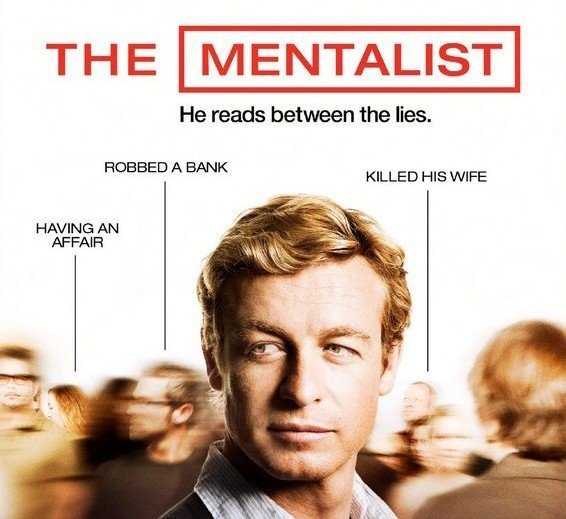The Mentalist
What “The Mentalist” Got Right—and Why I’ve Never Watched It
The Mentalist TV Show
If you’ve ever seen The Mentalist, the TV show starring Simon Baker as Patrick Jane, you may have a certain idea of what a mentalist is. You’re not alone. I’ve been told—more than once—that I should help the FBI, consult with lawyers, or screen jurors in courtrooms. “You’d be perfect,” they say, half-joking but mostly serious.
Here’s the thing: I’ve never watched the show.
Not because I think it’s bad TV. Not because I’m avoiding spoilers. I avoid it because I’ve spent years honing my craft as a real mentalist, and I want my performance, my philosophy, and my approach to be rooted in reality—not Hollywood’s version of it.
But since The Mentalist comes up often in conversation—especially when I’m performing at corporate events in New Jersey or NYC—let’s talk about the similarities and differences between the show and what I actually do.
What The Mentalist Gets Right
From what I have gathered, Patrick Jane is portrayed as someone who observes subtle body language, listens between the lines, and uses psychological techniques to draw conclusions that feel… well, impossible.
That’s pretty accurate.
Real mentalists (the non-FBI kind) do rely on observation, memory, intuition, and experience. We notice things most people miss. We remember small details. We use a combination of influence, suggestion, and psychological sleight-of-hand to create moments that feel like mind reading.
So yes—what he does is loosely based on techniques that exist in the real world.
What It Gets Wrong
The biggest difference? Purpose.
TV mentalism is about solving crimes. Real mentalism—my mentalism—is about creating moments of wonder.
I’m not there to crack murder cases or interrogate suspects. I’m there to entertain, engage, and connect with people. Whether it’s a team-building event in Manhattan, a corporate holiday party in New Jersey, or a leadership retreat, the goal is always the same: to create something unforgettable.
Also—spoiler alert—I’m not psychic. And neither is any other mentalist worth their salt. What we do looks like mind reading, but it’s actually the result of craft, training, and a deep understanding of human behavior. That’s what makes it fun. That’s what makes it powerful.
Entertainment About Mentalism vs. Mentalism As Entertainment
The Mentalist is entertainment about mentalism. It’s fiction dressed up as fact.
What I do is mentalism as entertainment. It’s real skill, real interaction, and real impact—wrapped in an experience that feels impossible.
And while I won’t be joining the FBI any time soon, I do teach people how to read non-verbal cues, remember names, and sharpen their communication skills. The same tools that make me effective on stage can also help someone connect better with a client, close a sale, or lead a team more effectively.
So if you’re looking for a TV-style mind reader to solve a murder, I’m not your guy.
But if you want to entertain, inspire, and leave people saying “How the hell did he do that?”—then we should talk.
